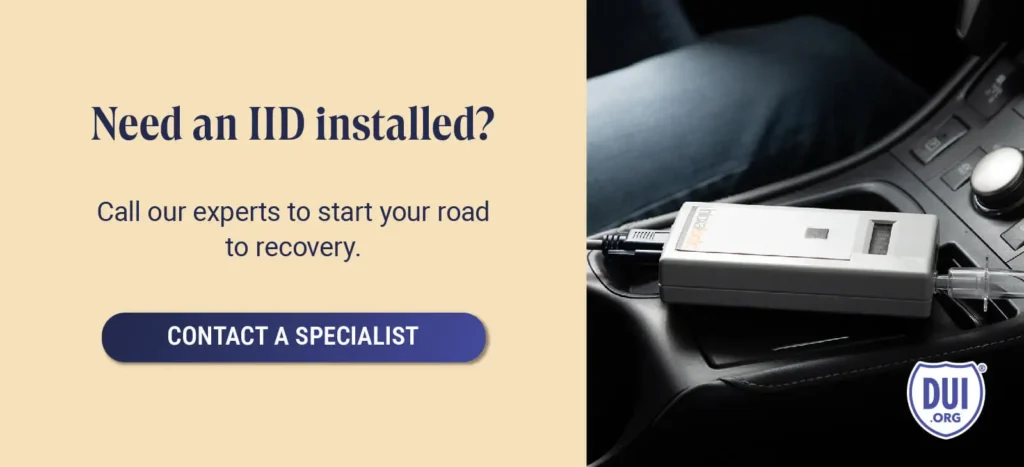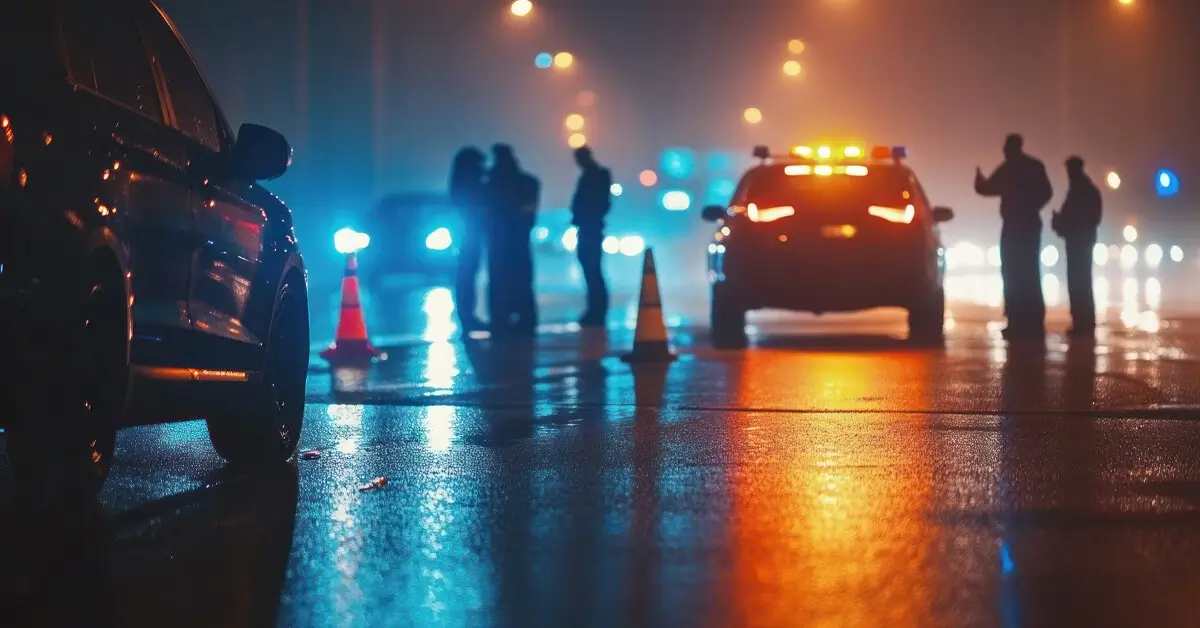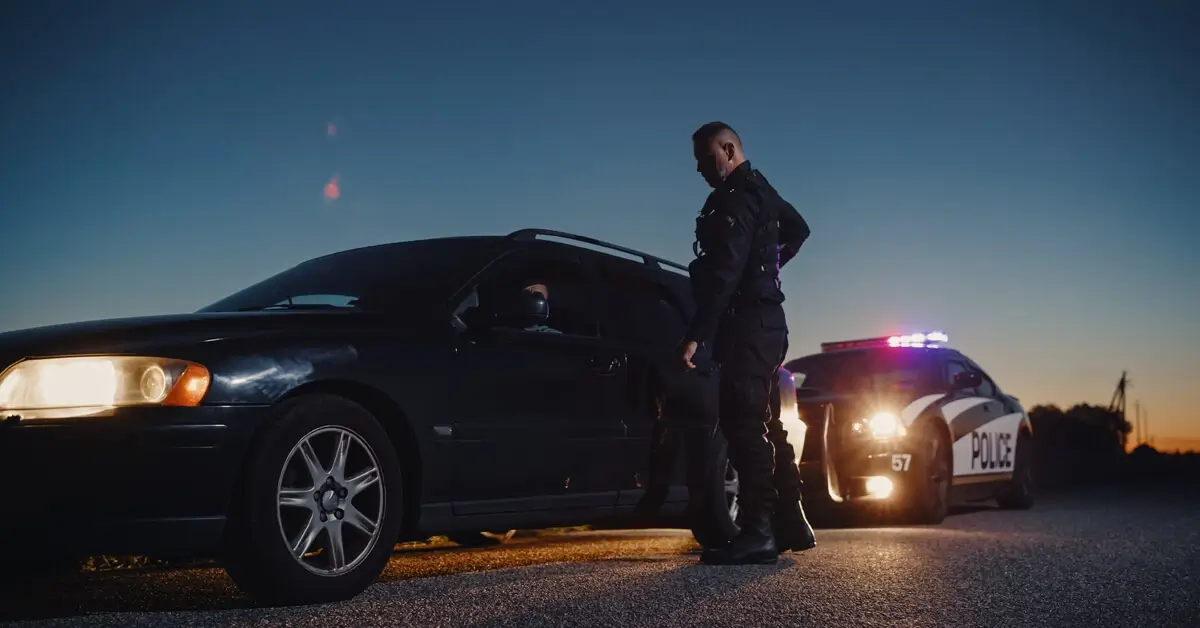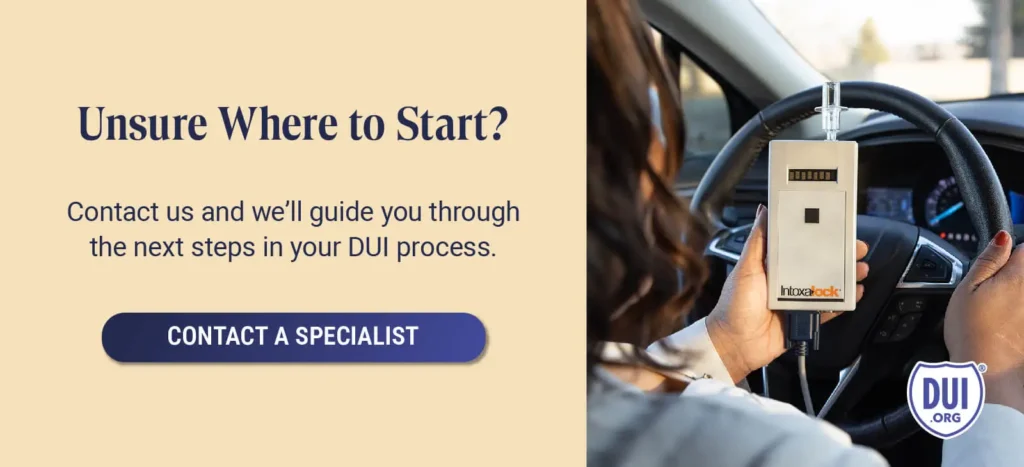Being arrested for a DUI (Driving Under the Influence) in Florida can feel overwhelming. Florida DUI laws are stringent, so understanding your rights and the potential penalties is crucial. Whether you’re facing your first, second, or third DUI charge in Florida, here’s what you can expect regarding fines, jail time, and other consequences.
Florida DUI Laws
In Florida, it is illegal to operate a vehicle with a blood alcohol concentration (BAC) of 0.08% or higher. However, you may also be arrested for DUI if your driving is impaired due to alcohol or drugs, even if your BAC is below this limit. Florida also enforces a zero-tolerance policy for drivers under 21, with license suspension for any underage driver with a BAC of 0.02% or higher.
Penalties for a DUI charge in Florida vary based on prior offenses, BAC level, and aggravating factors, such as having a minor in the vehicle. Florida DUI laws also impose harsher penalties for DUIs involving injury or death, which may include felony charges and long-term imprisonment.
What Happens if I Refuse a Breathalyzer in Florida?
Refusing a breathalyzer test invokes Florida’s implied consent laws, resulting in an automatic license suspension. A first refusal leads to a one-year suspension, while subsequent refusals carry an 18-month suspension and may include misdemeanor charges.
How Long Does a DUI Stay on My Record in Florida?
A DUI conviction remains on your criminal record indefinitely in Florida. Expunging or sealing a DUI requires specific eligibility criteria, but a DUI conviction is generally a permanent record in the state.
Florida DUI Penalties for First, Second, and Third Offenses
Penalties for a First DUI in Florida
- License Suspension: Driver’s license revoked for 180 days to one year.
- Fines and Court Fees: $500 to $1,000, increasing to $1,000–$2,000 if BAC is 0.15% or higher or if a minor is in the vehicle.
- Community Service: Up to 50 hours, or a $10 fine per required hour.
- Jail Time: Up to six months if BAC is below 0.15%; up to nine months if BAC is 0.15% or higher or if a minor was in the vehicle.
- Ignition Interlock Device (IID): IID required for six months if BAC was 0.15% or higher or if a minor was in the vehicle.
- FR-44 Insurance: Must carry FR-44 insurance with higher liability limits for three years.
- DUI Program and Alcohol Treatment: Completion of a state-approved DUI program is mandatory, and an alcohol treatment program also may be required.
Penalties for a Second DUI in Florida
- Increased Fines: $1,000 to $2,000, or $2,000–$5,000 if BAC was 0.15% or a minor was present.
- Five-Year License Suspension: If the second DUI is within five years of the first, license revocation is for a minimum of five years, with hardship license eligibility after one year.
- Mandatory Imprisonment: Minimum 10 days in jail if the second offense is within five years of the first.
- Ignition Interlock Device (IID): A one-year IID requirement is mandatory for a second DUI.
Penalties for a Third DUI in Florida
- Jail Time: Mandatory minimum of 30 days if the third DUI conviction occurs within 10 years of the second. If more than 10 years after a prior conviction, up to 12 months is possible.
- Hefty Fines: $2,000–$5,000, or not less than $5,000 if BAC is above 0.15% or a minor was in the car.
- Mandatory 10-Year License Revocation: A third DUI within a decade mandates a 10-year revocation, with hardship license eligibility after two years.
- Ignition Interlock Device (IID): Required for a minimum of two years.

Administrative License Suspension
Florida’s administrative suspension laws mean your license can be suspended immediately upon arrest if your BAC is 0.08% or higher or if you refuse a breath test. Drivers have 10 days to request a formal review hearing to contest this suspension.
Hardship License Options
Florida offers hardship licenses for limited driving privileges after a DUI, particularly for work, school, and essential activities. Eligibility depends on the DUI count and timing of offenses, along with completing required DUI programs.
DUI Diversion Programs
Some Florida counties offer DUI diversion programs, which may result in a reduction of charges, especially for first-time offenders. However, eligibility depends on the county, specific case details, and the prosecuting attorney’s discretion.
Additional Consequences of DUI Convictions in Florida
DUI convictions in Florida carry significant penalties beyond fines, license suspension, and jail time. Other consequences include:
- Increased Insurance Costs: DUI convictions often lead to higher premiums or the need for special insurance like FR-44 insurance, with increased liability limits for DUI offenders.
- Employment Impact: A DUI conviction appears on background checks, potentially impacting job prospects.
- Habitual Traffic Offender (HTO) Status: Repeated DUI offenses can lead to an HTO designation, resulting in a five-year license suspension.
- Permanent Criminal Record: A DUI conviction is a permanent part of your criminal record unless expunged or sealed, affecting your future in various areas.
- Vehicle Impoundment: For second and subsequent DUIs, Florida mandates impounding your vehicle for a certain period following conviction.
- Community Service or Probation: Additional hours of community service or probation may be court-ordered depending on the circumstances of the DUI.
Penalties for DUIs with Minors in the Vehicle
If a minor (under 18) is in the vehicle during a DUI, Florida imposes enhanced penalties, which may include additional jail time, higher fines, and an IID requirement even for first offenses.
DUI Manslaughter and Serious Injury DUIs
A DUI that causes injury or death is prosecuted as a felony in Florida, carrying severe penalties:
- DUI Manslaughter: Penalties for DUI manslaughter include prison sentences of up to 15 years and permanent license revocation.
Effect of Out-of-State DUI Convictions
Florida counts out-of-state DUI convictions, which can affect penalties and requirements for new DUI offenses within the state. This means that a DUI conviction elsewhere may increase the severity of your Florida DUI penalties.
Can a DUI in Florida Be Reduced to a Lesser Charge?
In some cases, it may be possible to negotiate a DUI down to a lesser offense, such as reckless driving, which often carries lesser penalties. The likelihood of reduction depends on the offense circumstances, your record, and the quality of legal representation.
Moving Forward After a DUI Charge in Florida
If you’ve been charged with a DUI in Florida, DUI.org is here to support you with essentials like finding the right ignition interlock device (IID) or securing FR-44 insurance. Call DUI.org for help and clarify in satisfying these requirements.
Need Help with IIDs or SR-22/FR-44 After a DUI? Call DUI.org Today.














